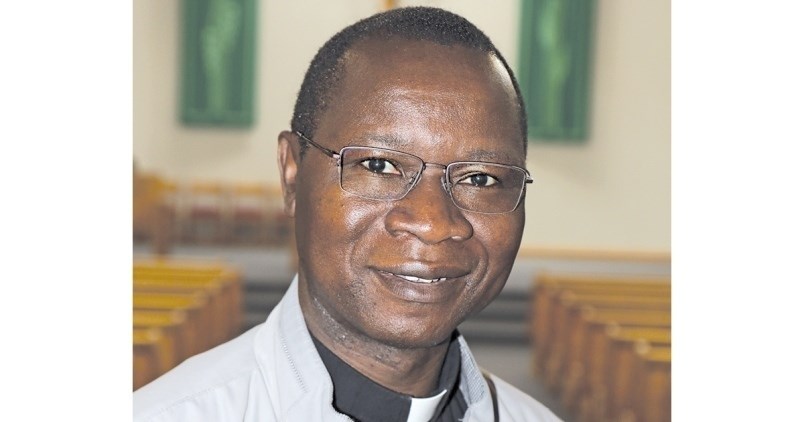Two brothers were once convicted of stealing sheep and, in accordance with the brutal punishment of the time, were branded on the forehead with the letters “ST”, which stood for "sheep thief."
One of the brothers, unable to bear the stigma, tried to disappear in a foreign land. But people inquired about the letters on his brow. Thus, he wandered and at length, full of bitterness, died and was buried in a forgotten grave.
But the other brother repented of his misdeed. He said to himself: “I can't run away from the fact that I stole sheep, and here I will remain until I win back the respect of my neighbors and myself.” He established a reputation for respectability and integrity.
One day a stranger in the town saw the old man with the letters “ST” branded on his forehead and asked a villager what they signified. The villager eventually said: “It all happened a great while ago, and I have forgotten the particulars; but I think the letters are an abbreviation of Saint.”
The invisible element in our story is grace, which can transform the most hardened sinner into a saint provided he is repentant enough. Nowhere is this demonstrated than in character of Zaccheus.
Someone puts it beautifully: “Zaccheus climbed the tree a sinner and came down a saint.” The fundamental lesson that we learn is that we need to respond to grace, which is always available to us and we respond through acts of repentance. What can we learn from the stories above?
First, we have the miracle of salvation. While we are searching for God, He is also searching for us. Zaccheus made a concerted effort to meet the Lord, but the Lord was already waiting for him. Once Jesus looked at him, he found it easy to put things right in his life, finding springs of generosity and justice that his old habit of fraud had stifled. Jesus is looking at us in the same way he looked at Zaccheus.
Second, though salvation is a miracle, it is paved with obstacles. Zaccheus used his imagination to see above the heads of those who came between him and Jesus. He climbs a tree and he does not choose an easy one. Do I allow someone or something to stop me from seeing Jesus? When Jesus initiates a personal encounter with us, are we willing like Zaccheus to put our feet on the ground and change our lives?
Third, making excuses deflates grace. Throughout his encounter with Jesus, Zaccheus did not make any excuses. He simply accepts his shortcomings. Excuses convert the seriousness of sin into a simple shoulder shrug. If we want to experience God’s forgiveness, we must stop making excuses and confront the sin in our lives unconditionally.
According to Max Lucado: “Grace is the voice that calls us to change and gives us the power to pull it off. We are invited to listen afresh.



